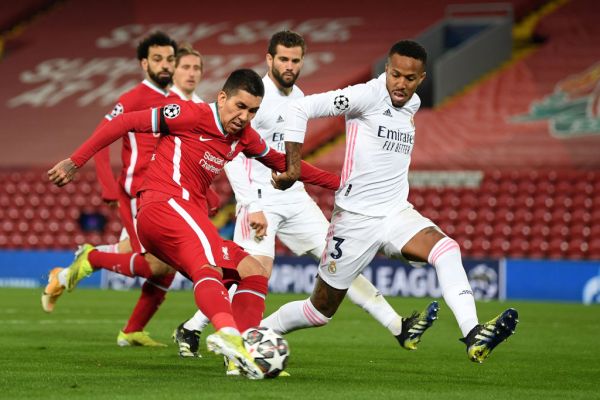The European Super League has 12 founding members who will participate every year – but other than that, it’s a familiar format …
Since the announcement of the European Super League late on Monday night, much of the discussion has been around whether it can go ahead, and what current football institutions can do to stop it.
But if it does happen, how will it work?
FourFourTwo digged into the detail, and found a competition that is absolutely nothing like the Champions League (honest).
Who will compete?
The 15 founders will compete in the Super League every year, regardless of their performance, either domestically or in Europe, in the previous season.
These founders are currently only 12 in number: Arsenal, Chelsea, Liverpool, Manchester City, Manchester United and Tottenham from England; Atletico Madrid, Barcelona and Real Madrid from Spain; and AC Milan, Inter Milan and Juventus from Italy.
This means three further clubs will be invited to become founding – and therefore permanent – members. The expectation is that this would be Bayern Munich and Borussia Dortmund from Germany, and PSG from France, but they have not (yet) signed up – for reasons FourFourTwo explains here.
How the five ‘qualifier’ teams would, in fact, qualify is also unclear, but the Super League would presumably want to devise a system that ensured Champions League knockout stage regulars such as Ajax, Porto and Roma would have the opportunity to participate.
The group stage
The 20 teams will be divided into two groups of 10, in what would essentially be a bigger version of the Champions League’s group stage. No greater detail has been outlined on this yet, but FourFourTwo expects some sort of seeding system to prevent, for example, all the English sides being drawn into the same group.
All teams face each other team in their group, home and away, in a league table format.
These games will be played midweek, to avoid disruption to the domestic league calendars, and as a direct rival to the Champions League.
Once all sides have completed their 18 fixtures, the top four from each group go through to the next round …
The knockout rounds
This stage will take place over four weeks with the eight top teams from the group stage.
From the Super League’s description, it sounds similar to the Champions League knockout stages: with ‘home and away’ games (suggesting two-legged knockout ties) until ‘the single-match Super League championship’. Or final, as it’s commonly known.
Something to note here is that the four-week period seems to clash with the promise of solely mid-week matches, unless the tournament again apes the Champions League by holding the final (sorry, Super League championship game) on a weekend. Otherwise, having clubs play multiple matches in a single mid-week would surely disrupt the domestic schedule.
What happens if you finish bottom of your Super League group?
Nothing. The tournament would operate as a franchise, and founding members would participate every season regardless of performance.
Would the Super League winners enter the Fifa Club World Cup?
As things stand, no. Fifa has joined the chorus of opposition to the Super League, and said that teams taking part in the competition can’t participate in Fifa-organised tournaments – which could well lead to players being banned from next year’s World Cup.





